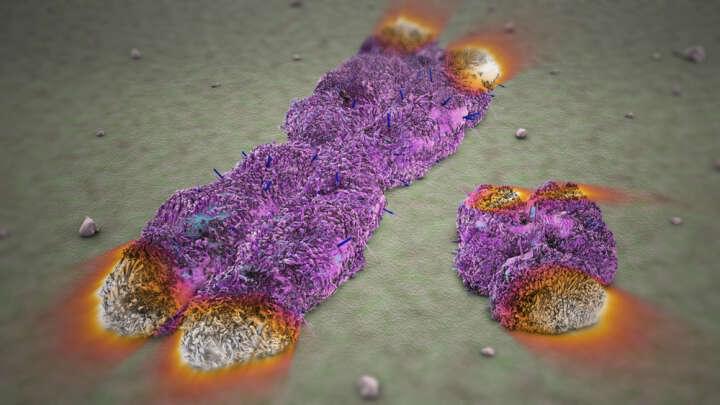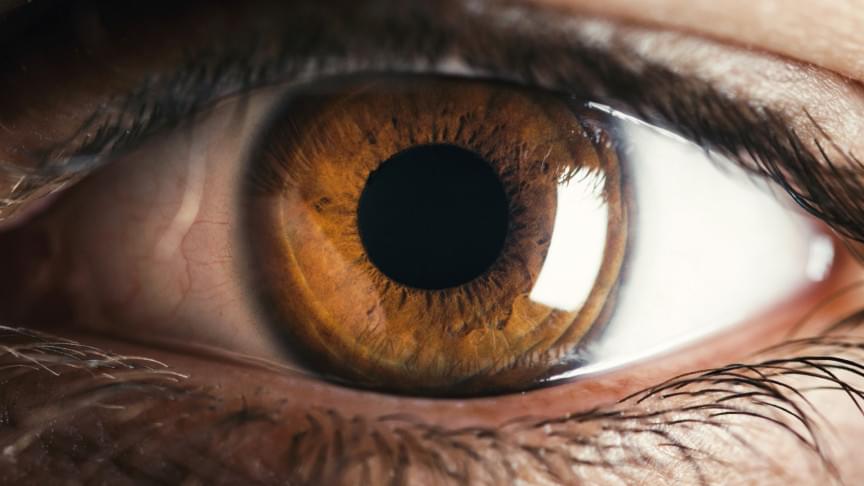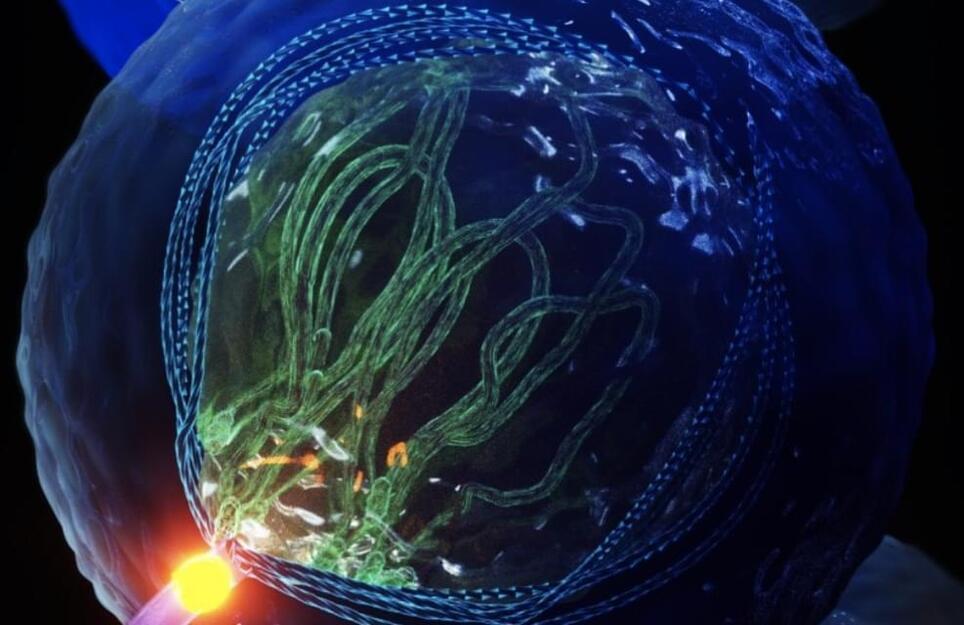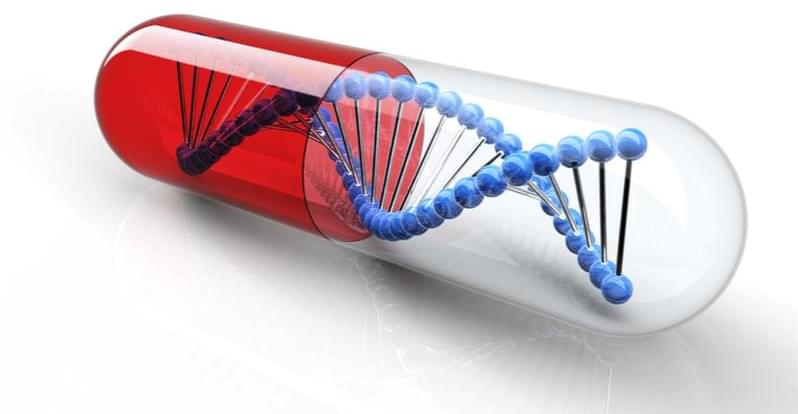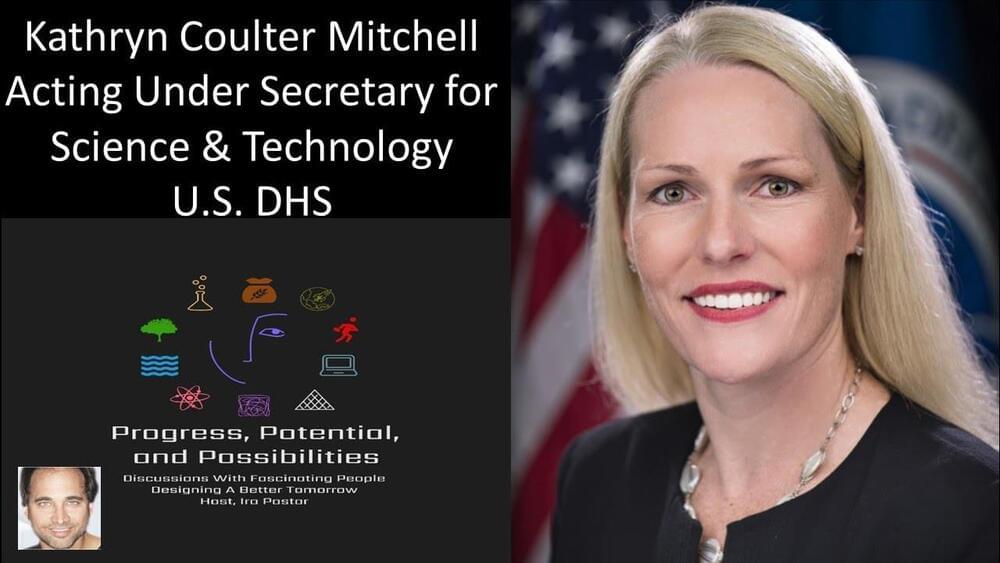May 14, 2022
J. Lyding & L. Grill | Silicon-Based Nanotechnology & Manipulating Single Molecules on Surfaces
Posted by Dan Breeden in categories: biotech/medical, computing, nanotechnology, quantum physics
Foresight Molecular Machines Group.
Program & apply to join: https://foresight.org/molecular-machines/
Joe Lyding.
Silicon-Based Nanotechnology: There’s Still Plenty of Room at the Bottom.
Joe Lyding is a distinguished professor in Electrical and Computer Engineering at the University of Illinios. His career includes constructing the first atomic resolution scanning tunneling microscope, discovering new industrial uses for deuterium, studying quantum size effects down to 2nm lateral graphene dimensions, and much more. His current research is focused on carbon nanoelectronics. Specifically using carbon nanoelectronics based on carbon nanotubes and graphene for future semiconducting device applications.
